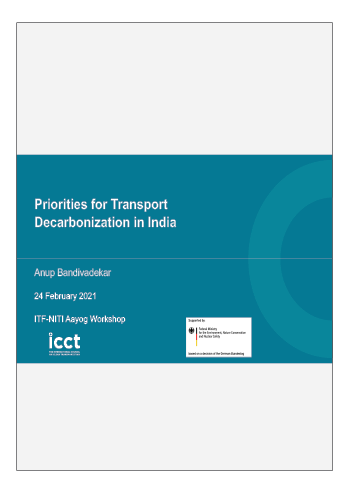Resources
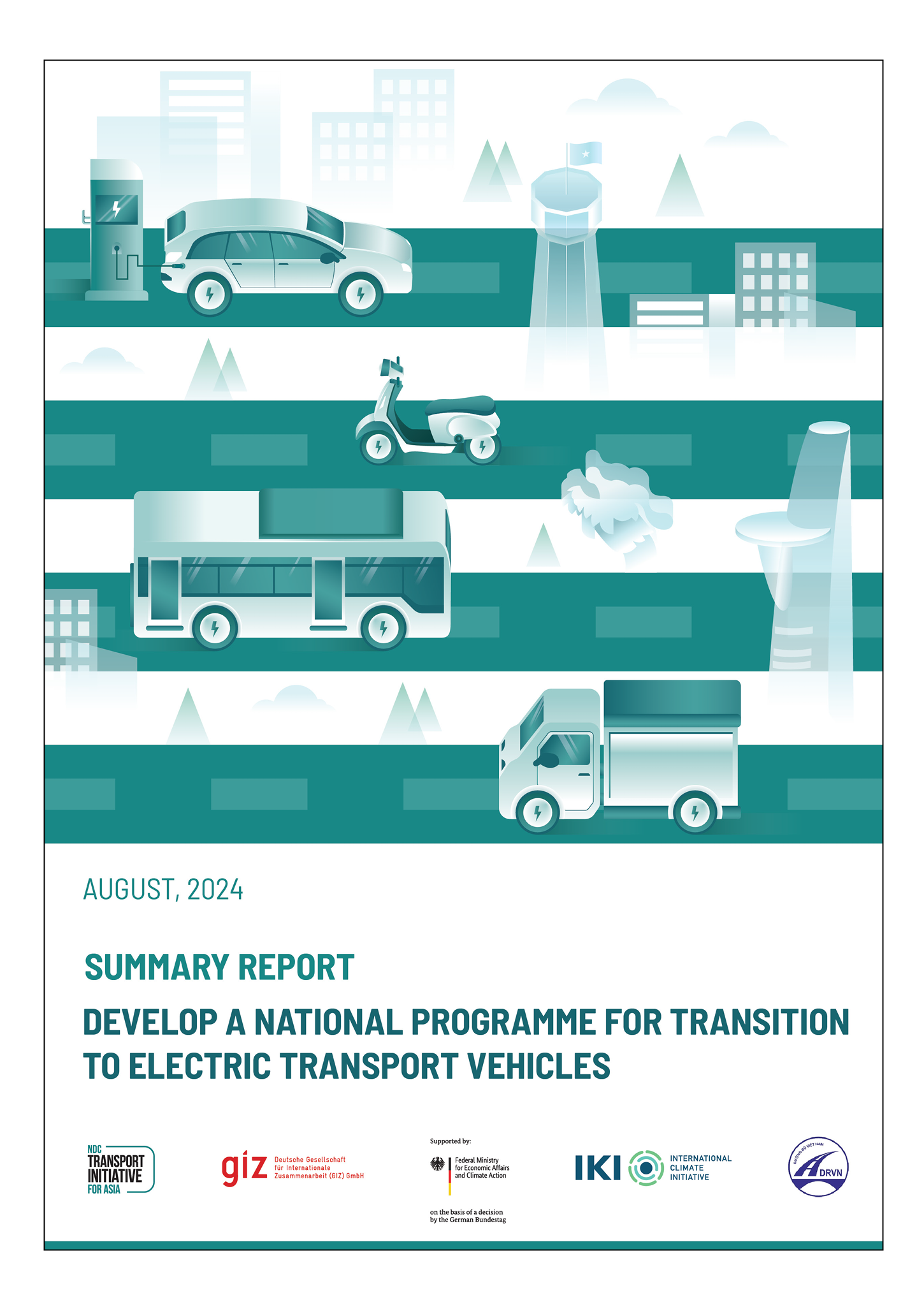
Summary report: Develop a national programme for transition to electric transport vehicles
The summary report on "Developing a National Program for Transition to Electric Transport in Vietnam" outlines a strategic framework to shift the country’s transport sector towards electric vehicles (EVs).
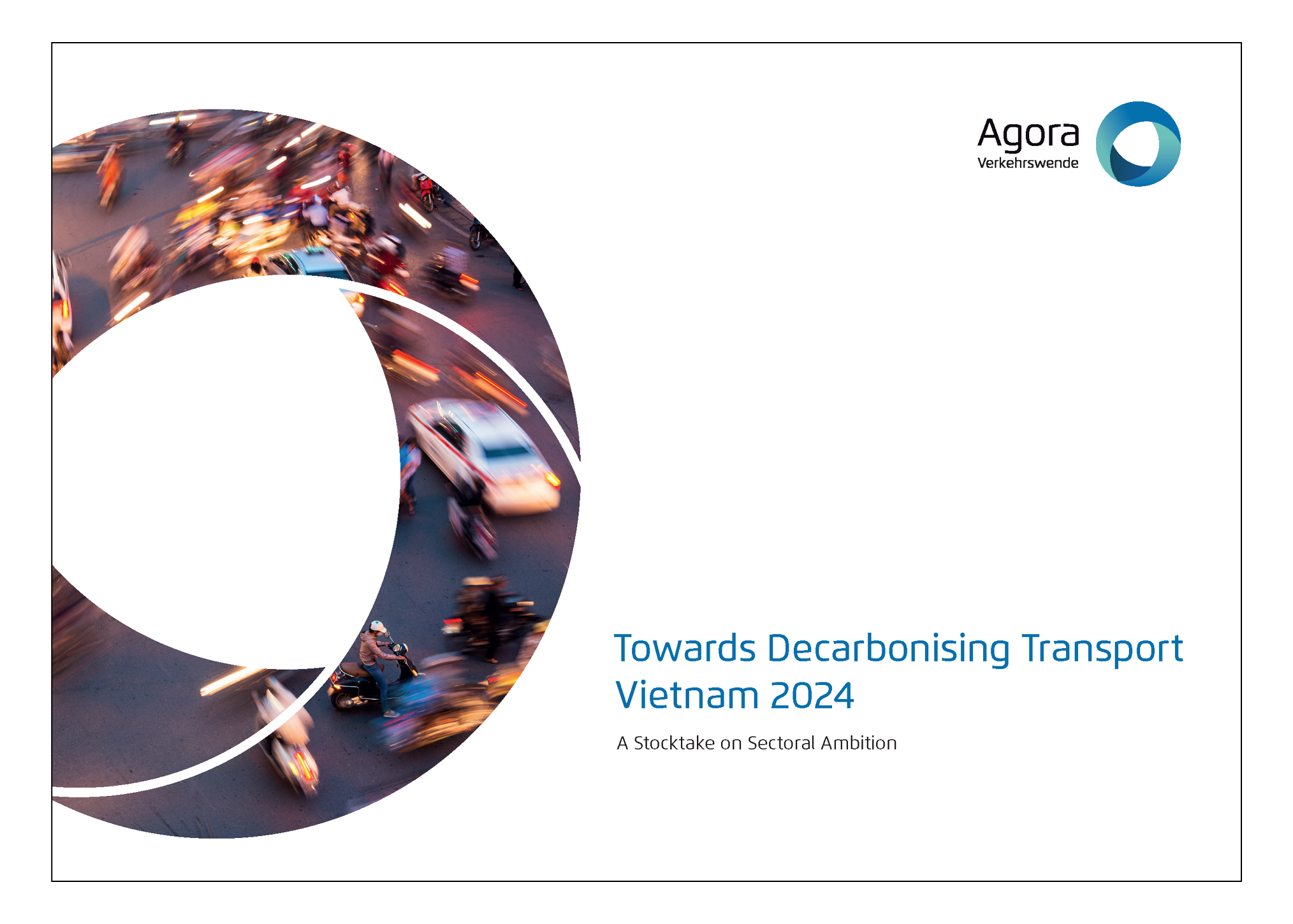
Towards Decarbonising Transport: Vietnam 2024
This factsheet provides a comprehensive overview on Vietnam’s climate ambition in the transport sector.
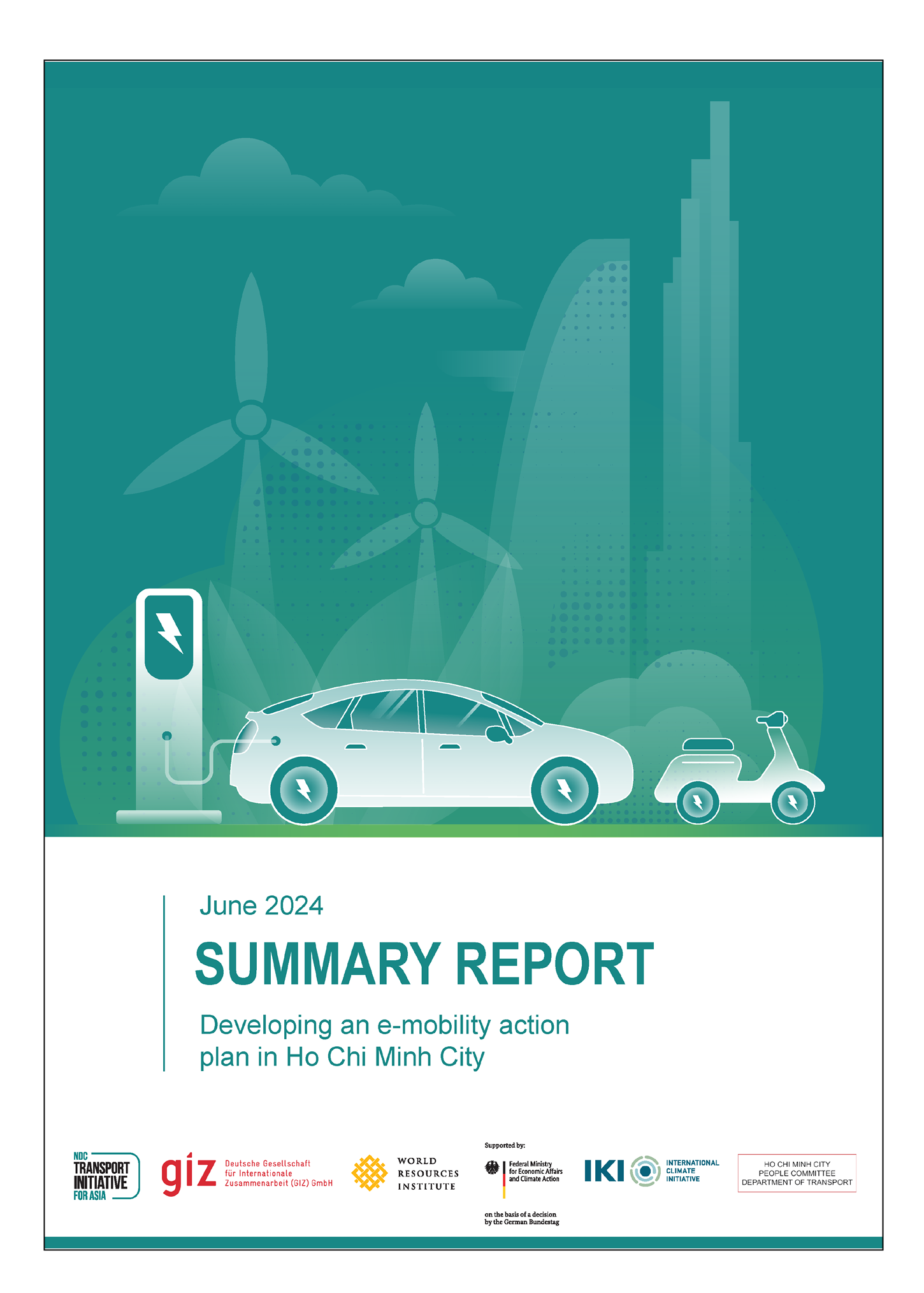
Summary report: Developing an E-mobility Action Plan in Ho Chi Minh City
This publication summarizes the development of an E-mobility Action Plan tailored to the needs of Ho Chi Minh City, aiming to accelerate the rate of electrification in transport.
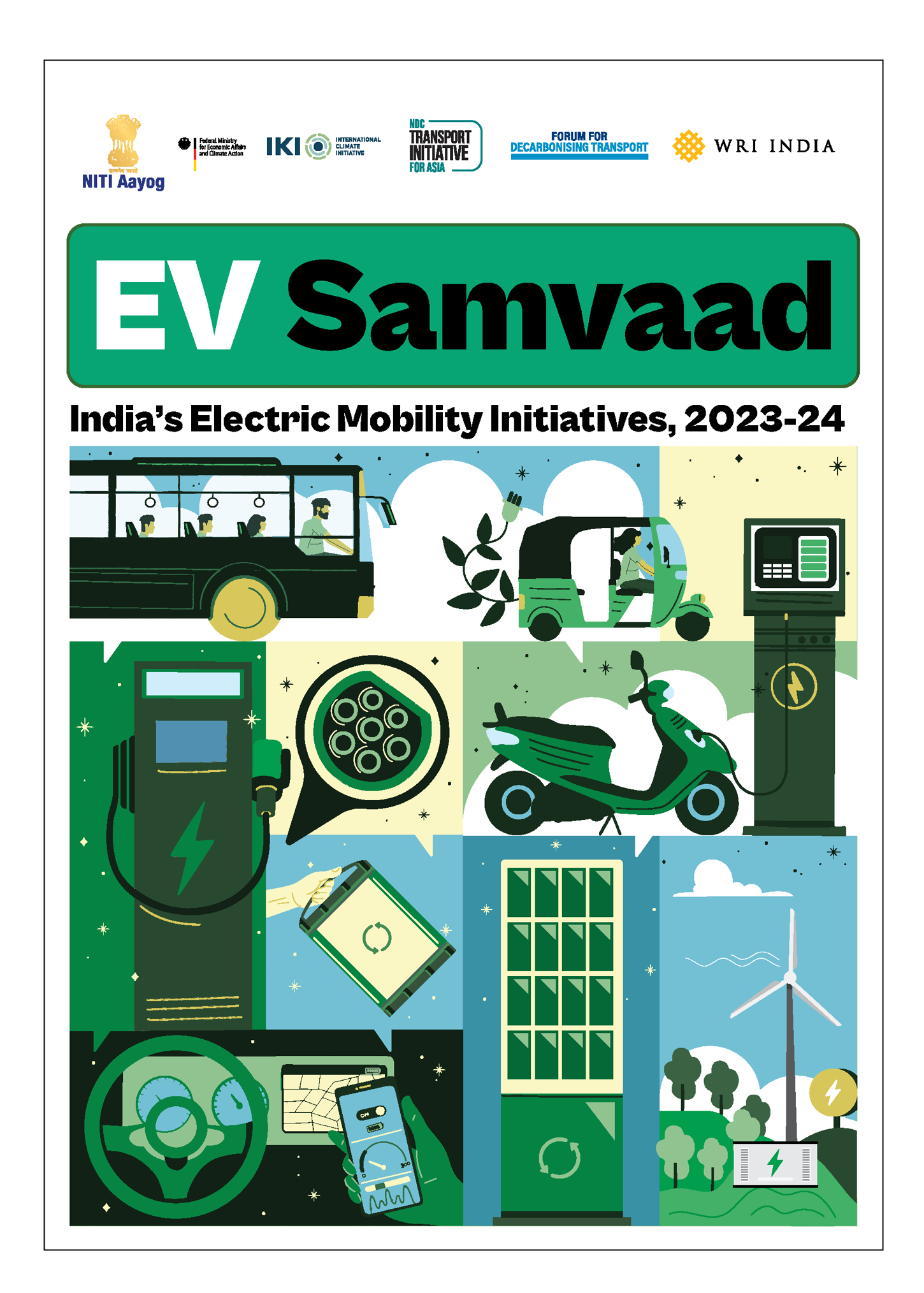
EV Samvaad: India’s Electric Mobility Initiatives, 2023-24
EV Samvaad is a compendium of electric mobility initiatives in India, covering the period from April 2023 to March 2024. It aims to monitor India’s electric vehicle (EV) landscape and decode policy interventions, implementation roadmaps, and industry-wide adoption plans.
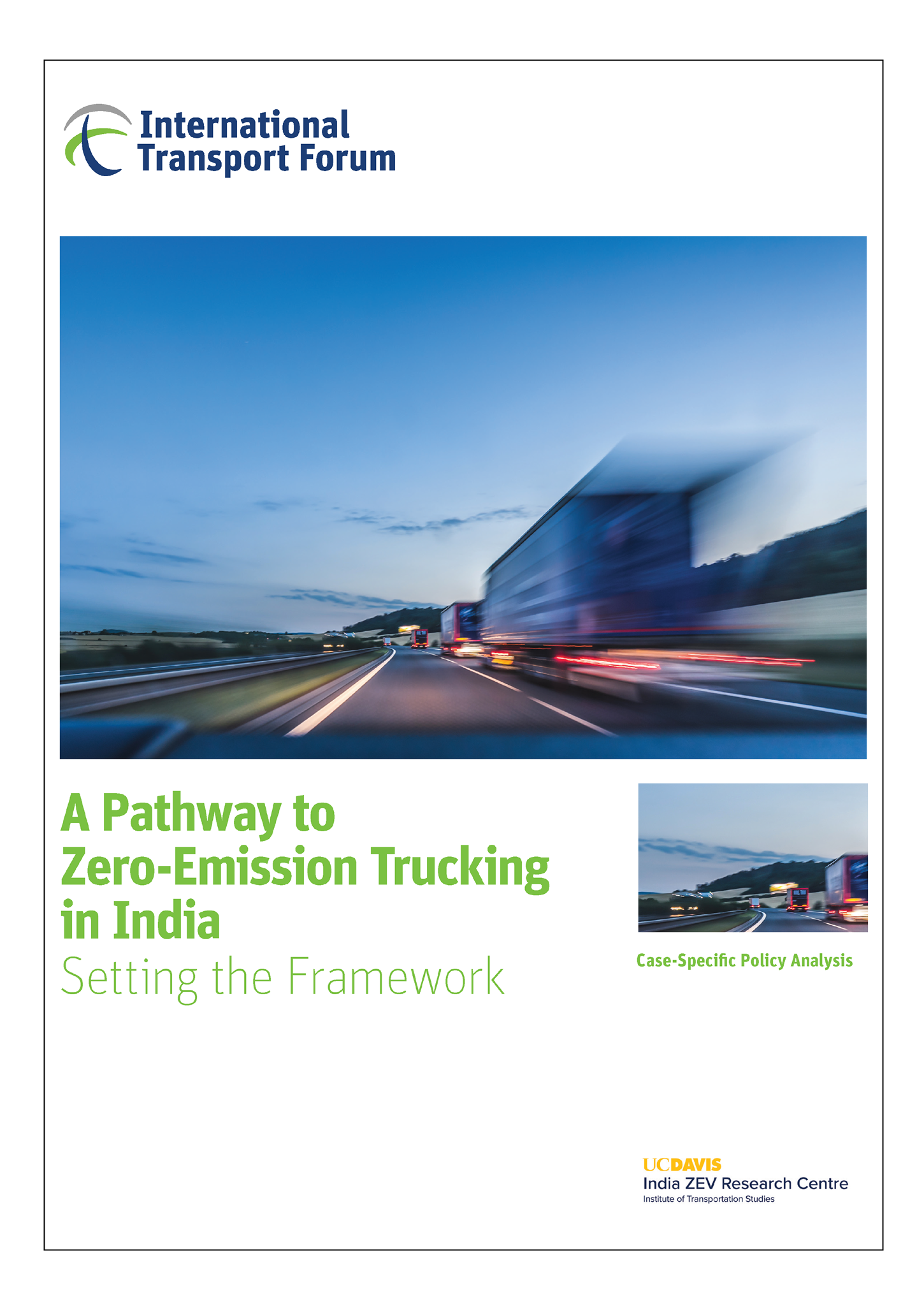
A Pathway to Zero-Emission Trucking in India: Setting the Framework
This report assesses the potential of decarbonising heavy-duty trucks in India with zero-emission technologies, focusing on battery-electric technology. It presents a four-pillared roadmap for a transition to zero-emission trucks that addresses technology, infrastructure and operations, financing, and policy interventions for India.
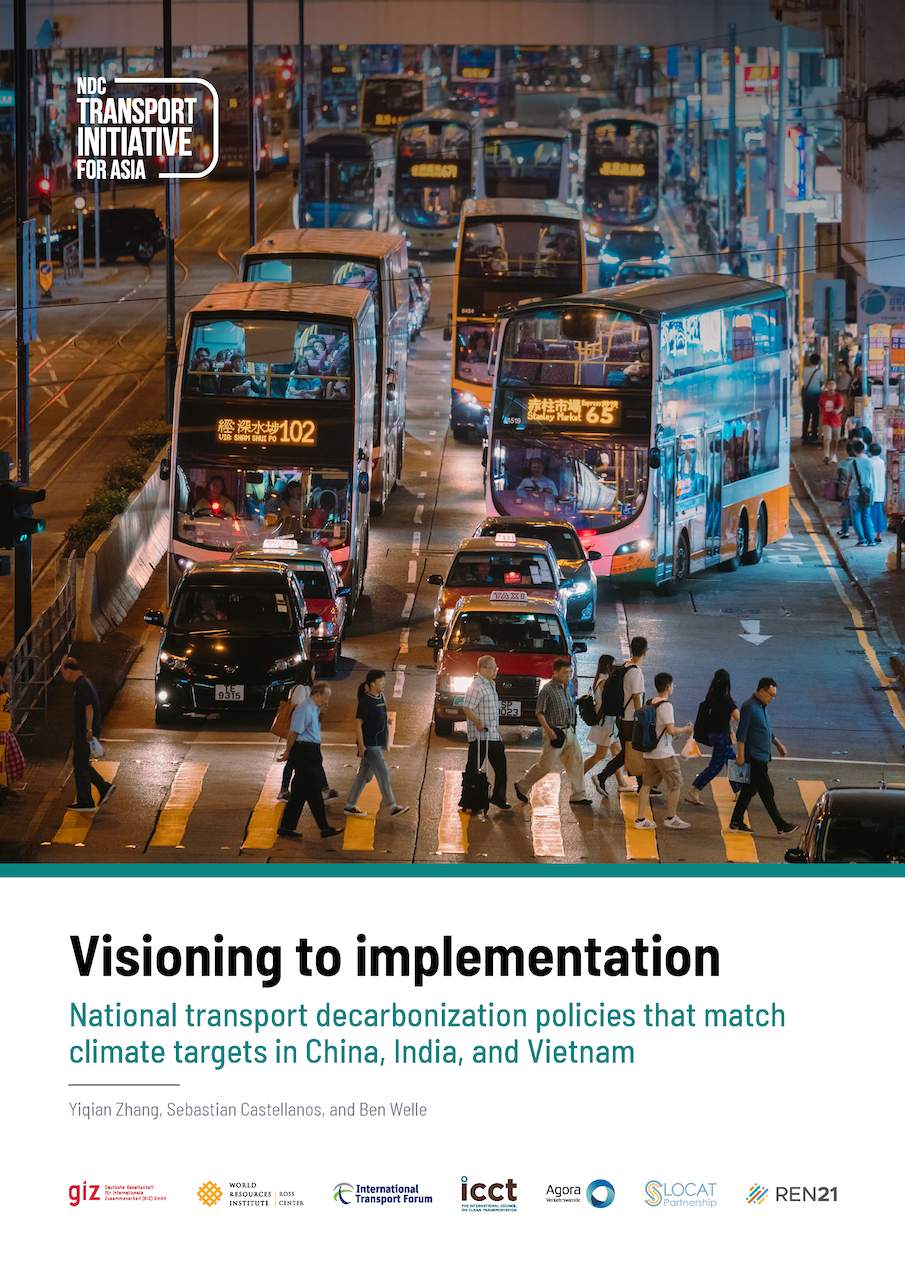
Visioning to Implementation: Transport Decarbonization Policies that Match National Climate Targets in China, India, and Vietnam
This new report assesses how China, India and Vietnam are translating their international climate ambition into national climate change-related transport strategies and policies.
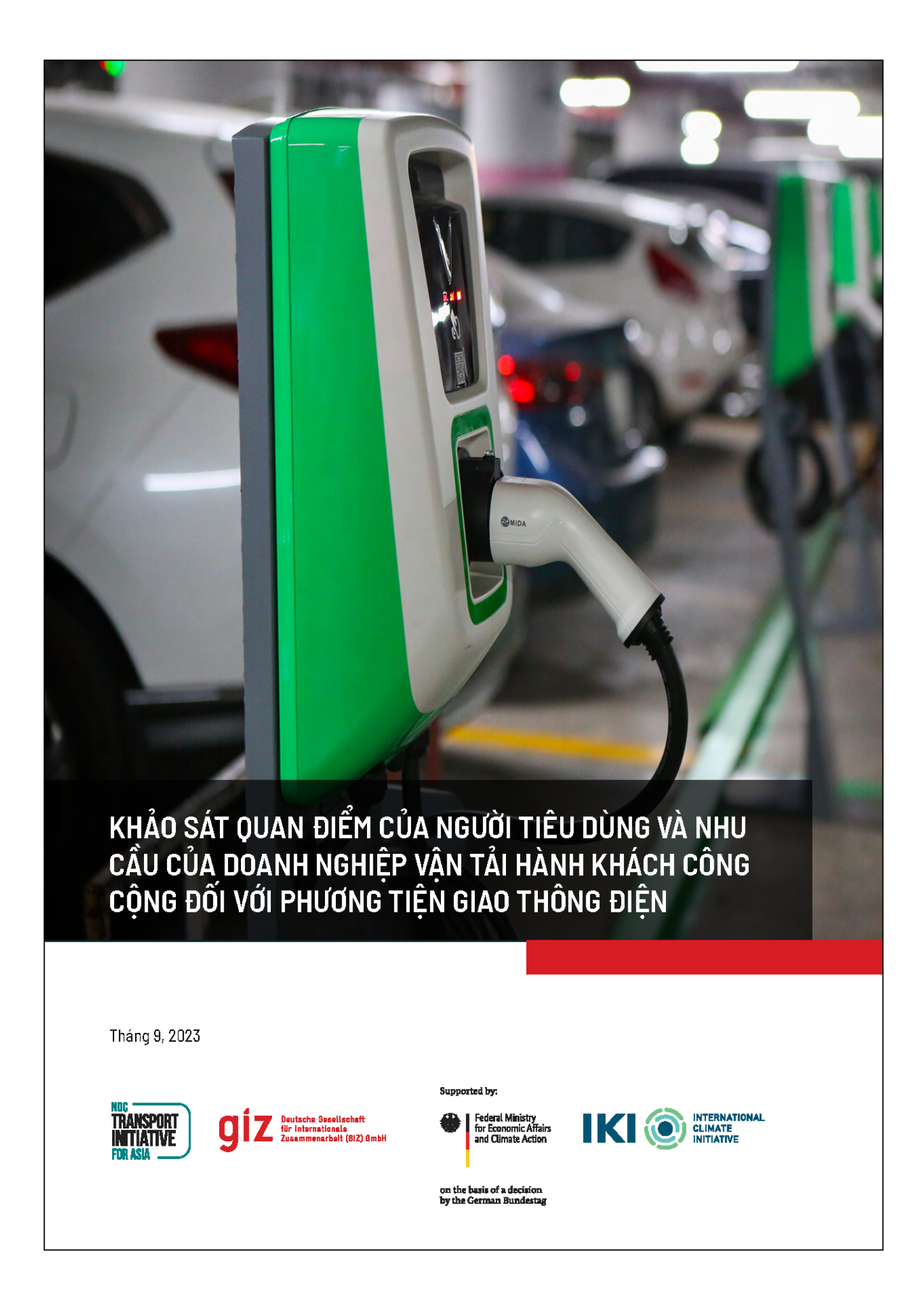
Survey on the needs of the public and public transport businesses to shift to electric vehicles
A comprehensive survey has been executed among vehicle owners and public transport enterprises in Ho Chi Minh City. The survey is an insight brief to highlight consumer behaviour, unveiling the perspectives of vehicle owners and public transport enterprises concerning obstacles hindering the advancement of EVs in Ho Chi Minh City while also exploring potential driving forces within the market.
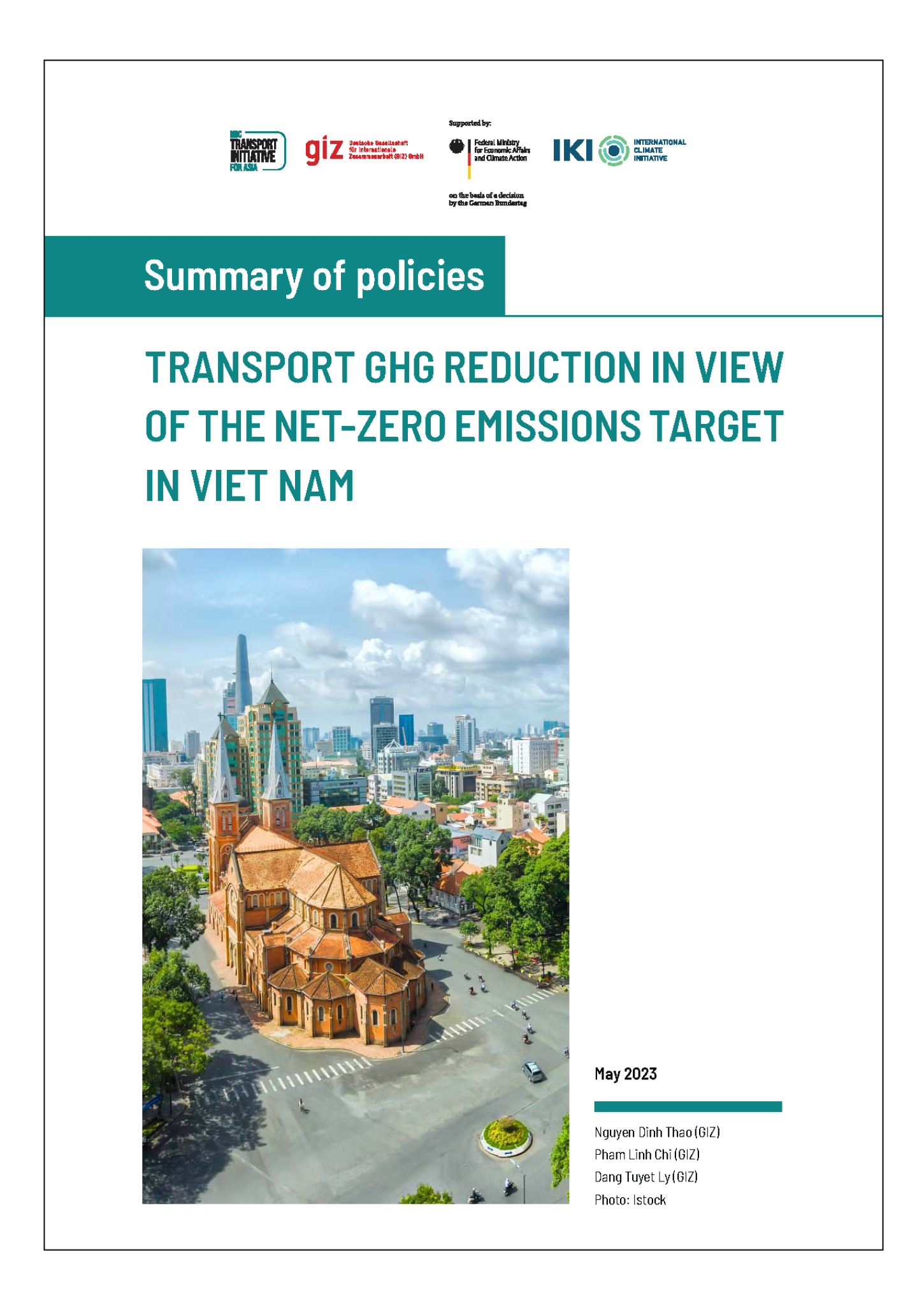
Summary of Policies: Transport GHG Reduction in View of the Net-Zero Emissions Target in Viet Nam
This policy brief focuses on the key policies implemented in Vietnam to reduce GHG emissions and achieve net-zero emissions in the transport sector, helping policymakers, project developers, and organizations design and implement effective strategies to address climate change in the transport sector.

Pathways to Decarbonize the Road Transport Sector in Guangdong, China
This study developed three scenarios to stimulate decarbonization in Guangdong province, including promoting zero-emission vehicles, shifting to low-emitting modes of transportation, improving vehicle fuel efficiency, avoiding travel, and decarbonizing power/hydrogen generation.
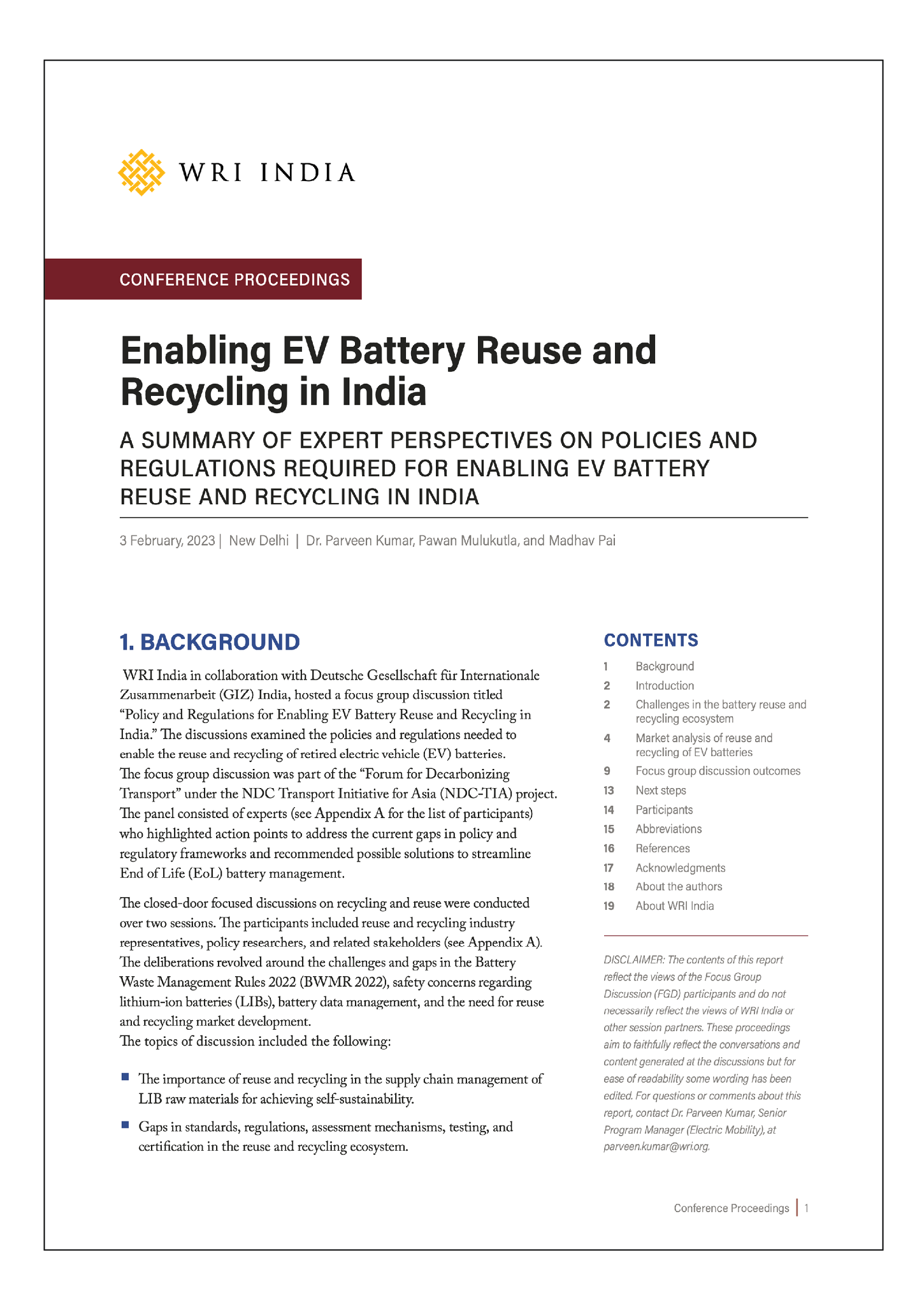
Policy and Regulations for Enabling EV Battery Reuse and Recycling in India
The conference proceeding includes recommendations from subject experts on the Battery Waste Management Rules 2022 and possible solutions to streamline End of Life (EoL) battery management. It also highlights the safety concerns regarding lithium-ion batteries and battery data management.
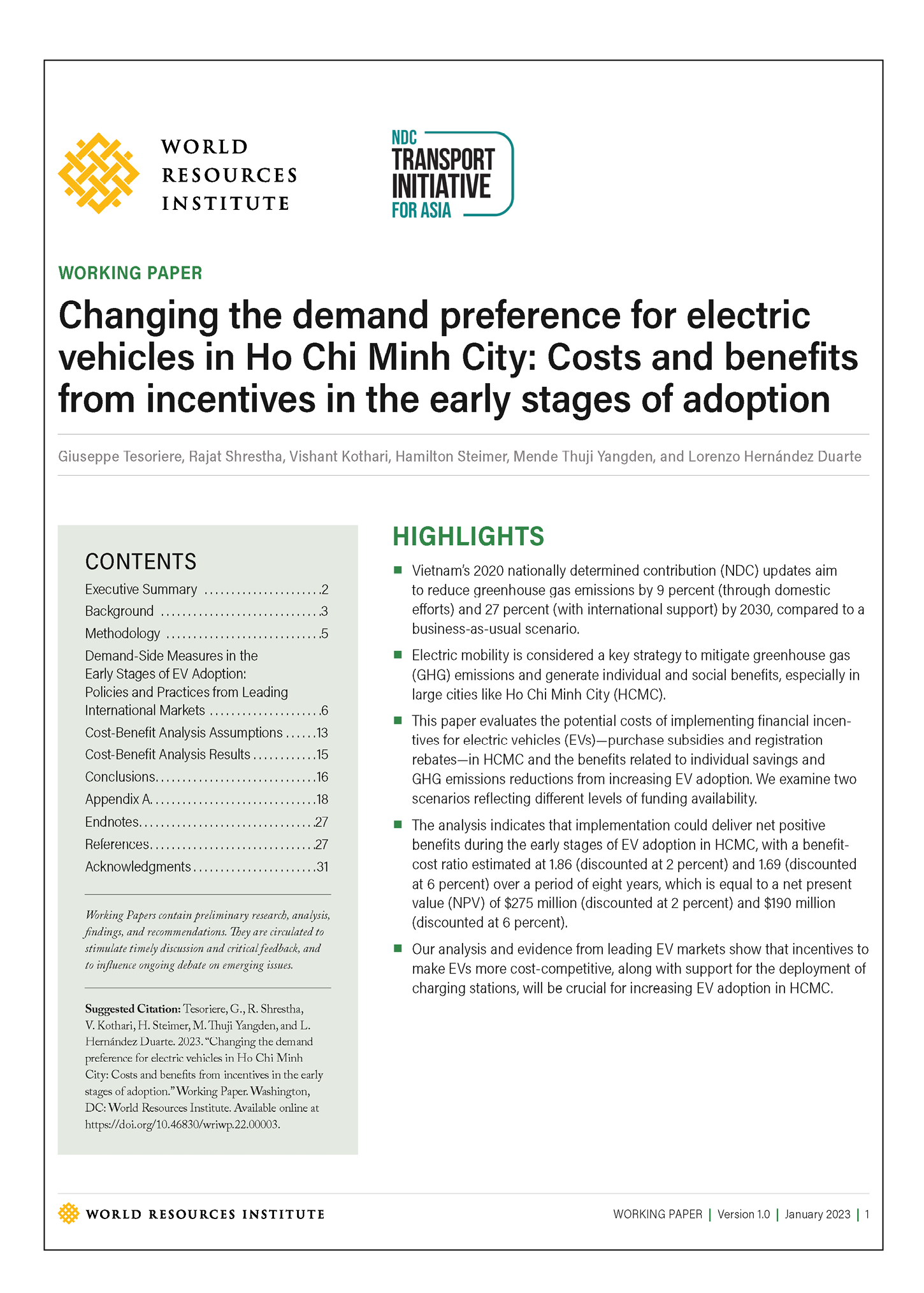
Changing the Demand Preference for Electric Vehicles in Ho Chi Minh City: Costs and Benefits From Incentives in the Early Stages of Adoption
This paper evaluates potential costs of implementing financial incentives for electric vehicles (EVs) and the benefits related to individual savings and GHG emissions reductions in Ho Chi Minh City.
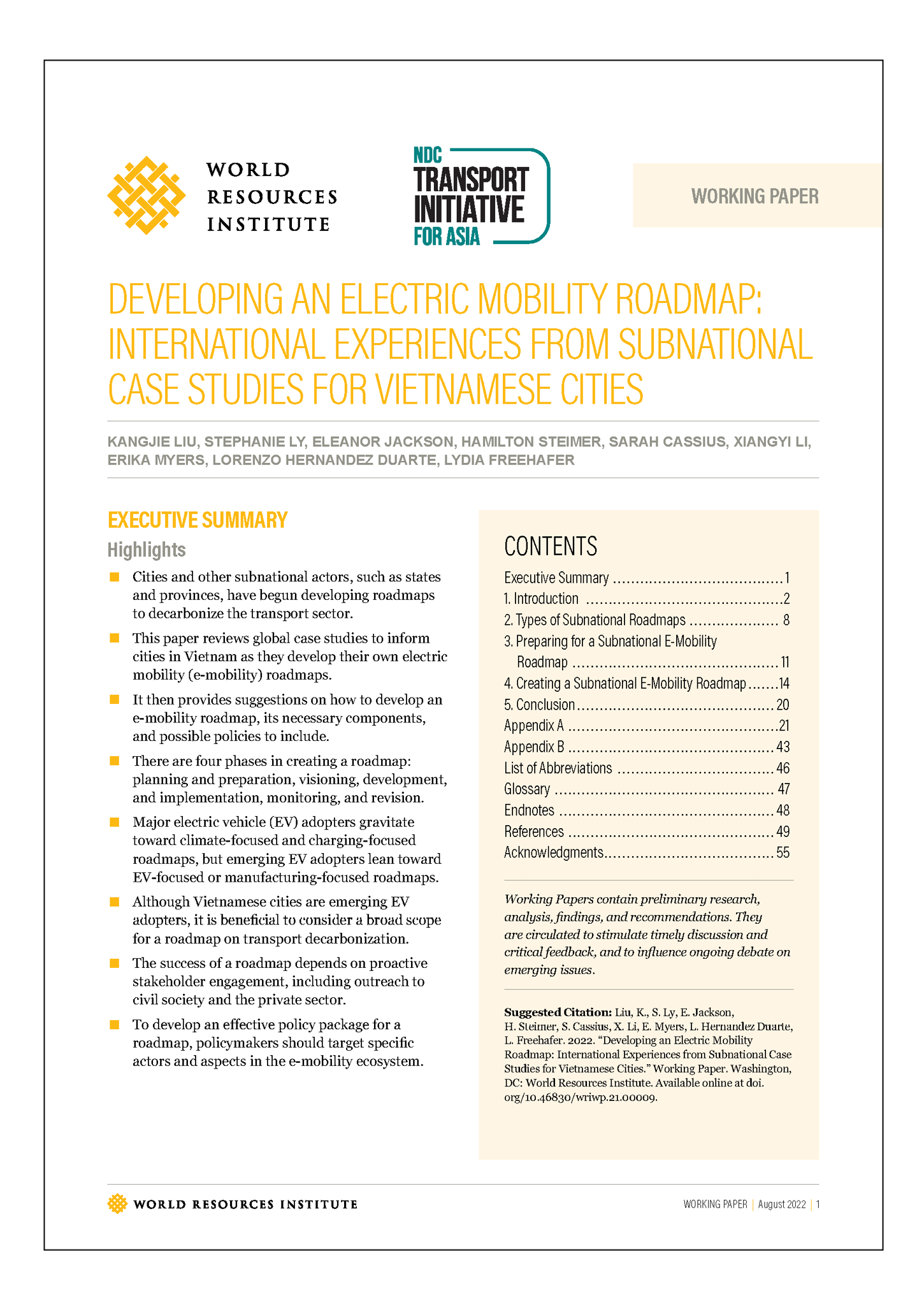
Developing an Electric Mobility Roadmap: International Experiences from Subnational Case Studies for Vietnamese Cities
This paper uses 23 subnational case studies to compare city and provincial electric mobility roadmaps and provides preliminary recommendations for Vietnamese cities based on case study observations.
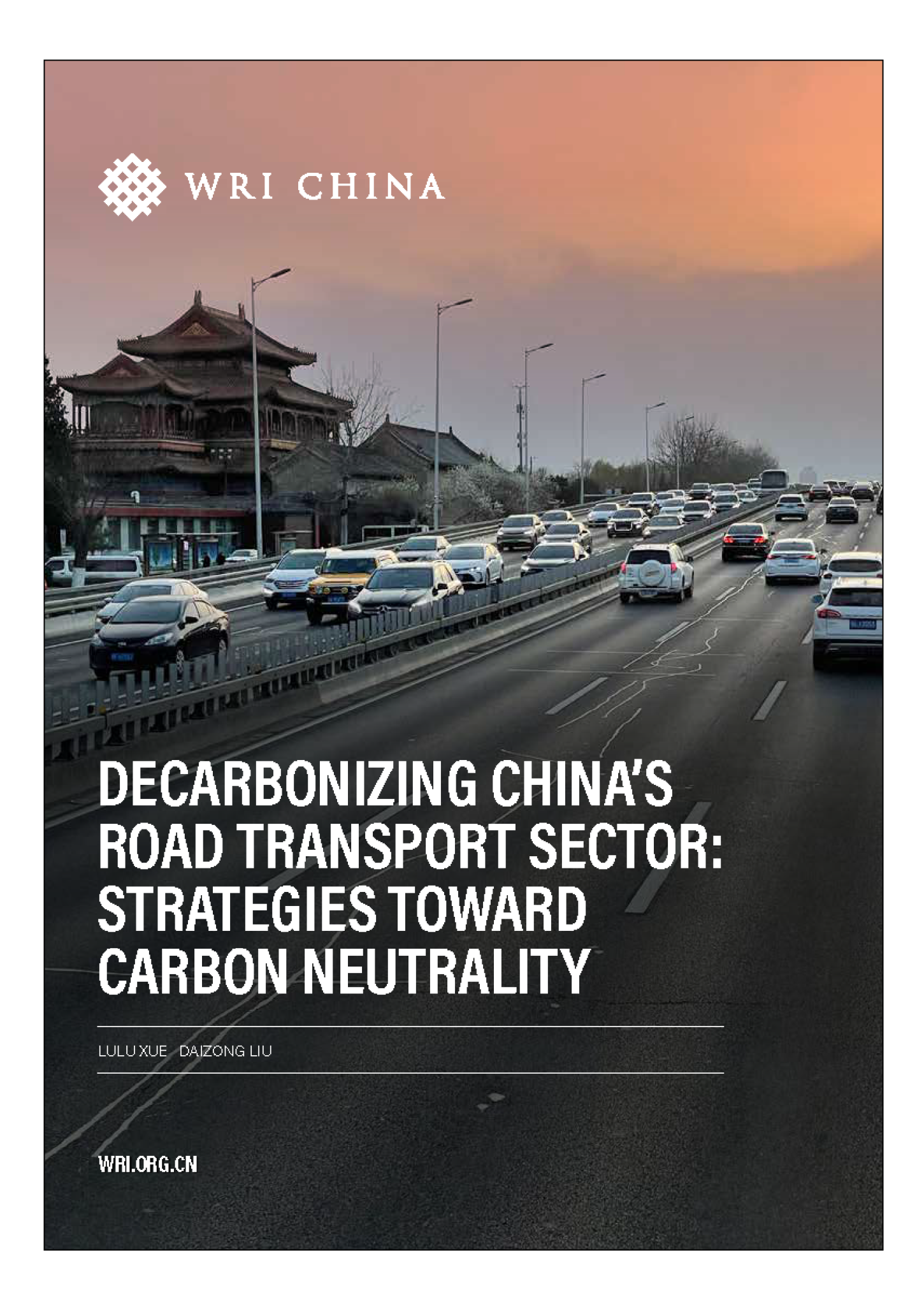
Decarbonizing China’s Road Transport Sector: Strategies toward Carbon Neutrality
China’s road transport sector plays an important role in meeting carbon early peaking and carbon neutrality goals. This study examines how the sector might be decarbonized by modeling five scenarios using the LEAP model.
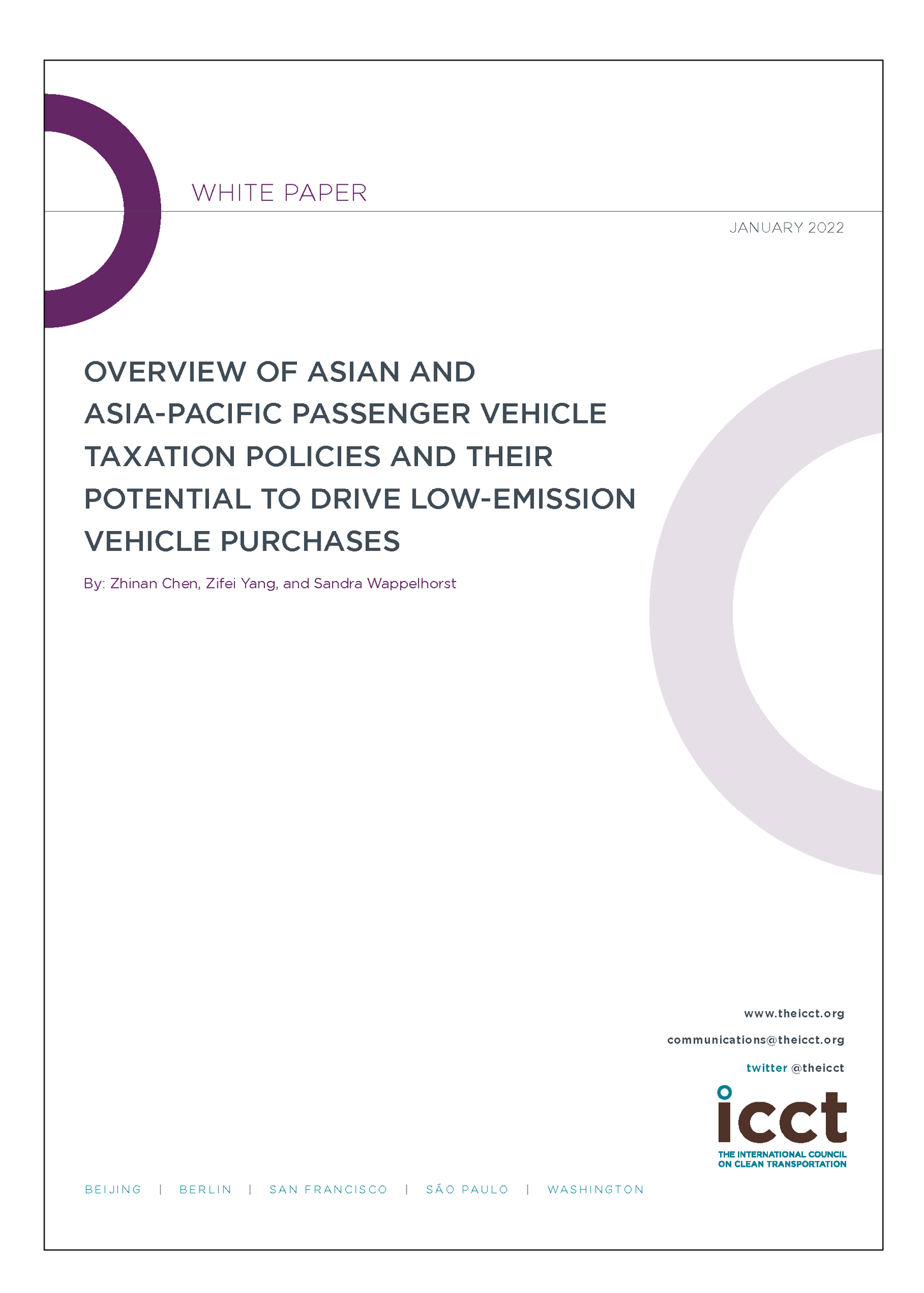
Overview of Asian and Asia-Pacific passenger vehicle taxation policies and their potential to drive low-emission vehicle purchases
This paper by ICCT focuses on national-level taxation and subsidy policies for passenger vehicles across 18 Asian and Asia-Pacific countries and compares the consumer ownership costs of a gasoline, a hybrid electric, and a battery electric vehicle in these countries over a 6-year ownership period.
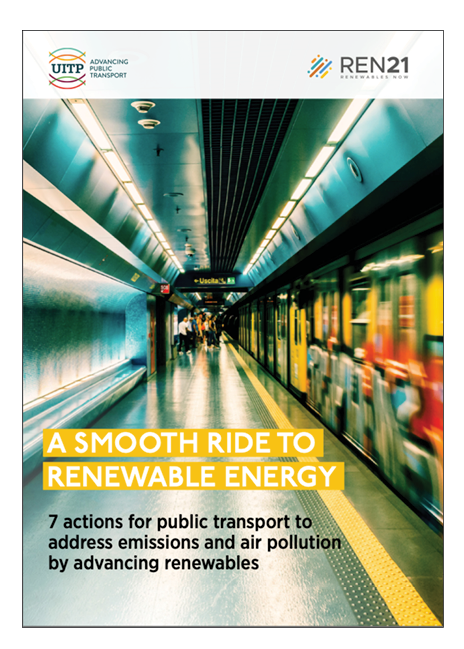
A smooth ride to renewable energy: 7 actions for public transport to address emissions and air pollution by advancing renewables
This policy brief produced in a collaboration between UITP and REN21 proposes actions and solutions that can accelerate the path to achieve net zero and carbon neutral goals through the connection between renewable energy and public transport. This brief is for public transport authorities, public transport operators, urban planners and anyone interested in advancing renewables in public transport.
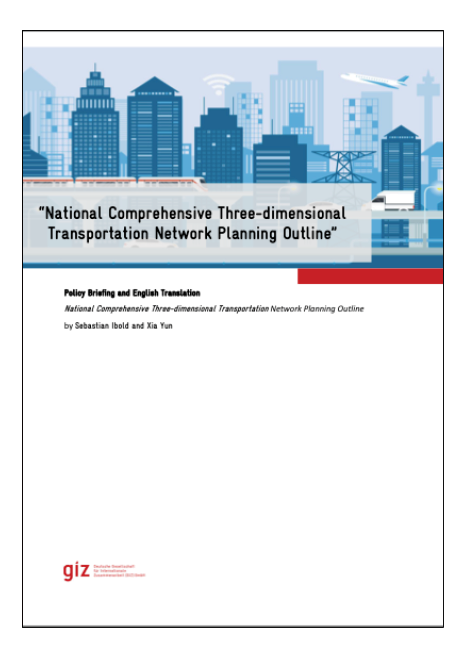
National Comprehensive Three-dimensional Transportation Network Planning Outline
The outline is a strategic top-level policy guiding the development of a comprehensive and fully integrated transport system in China with a planning period from 2021 to 2035, and a vision to the middle of this century.
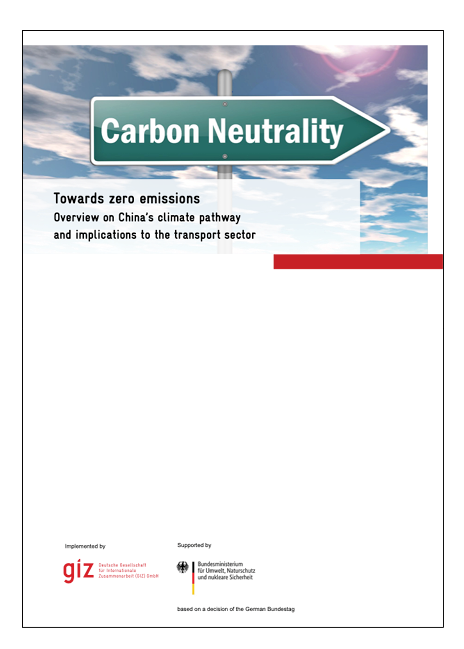
Towards zero emissions: Overview on China’s climate pathway and implications to the transport sector
This paper provides an overview of China’s climate protection pathway with regards to the role of the transport sector in achieving carbon dioxide emissions peaking by 2030 and carbon neutrality by 2060.

Decarbonising Transport in India: Learning from Life Cycle Assessment
This publication presents a summary of the workshop “Life cycle assessment methods to support India’s efforts to decarbonise transport” organized by the International Transport Forum and the National Institute for Transforming India (NITI Aayog) in April 2021.
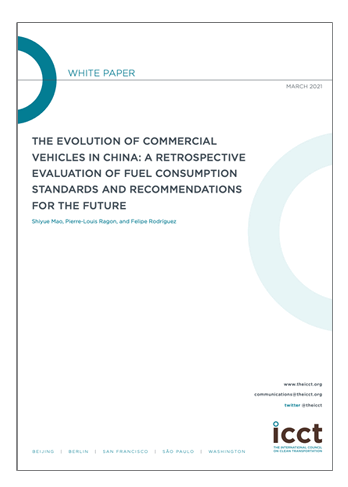
The Evolution of Commercial Vehicles in China: A Retrospective Evaluation of Fuel Consumption Standards and Recommendations for the Future
Although China is currently developing the fourth stage of its fuel consumption standards for heavy-duty vehicles (HDVs), an independent, ex-post assessment of the previous stages does not exist. By providing a quantitative appraisal of the effect achieved by previous stages of the standards, this study closes that knowledge gap.
